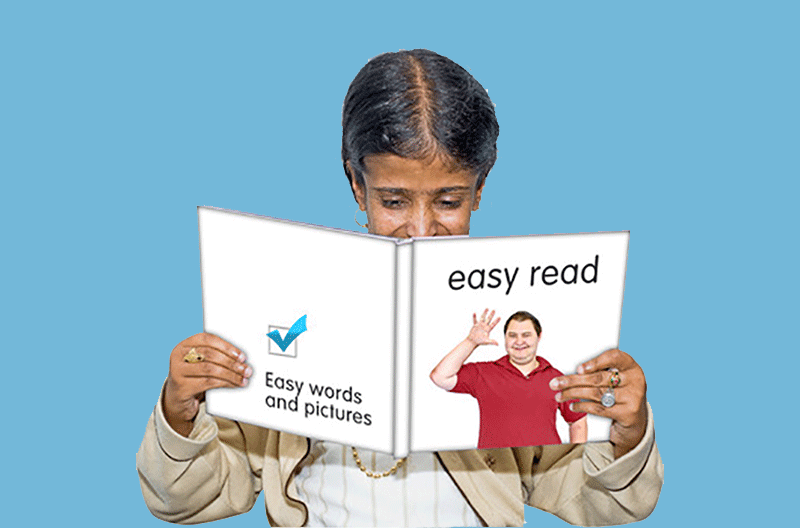STOMP and stopping overmedication
Studies show that people with learning disabilities and autism are at particular risk of over-medication with psychotropics. Many people have been prescribed psychotropics for all sorts of reasons and these prescriptions have just continued without the proper review – sometimes for years.
Research has found psychotropic medication could be inappropriately prescribed to as many as 35,000 people with learning disabilities and autism (NHS STOMP). By working with NHS initiative STOMP, we’re changing how we support people with their medication.
STOMP stands for ‘stopping the over medication of people with learning disabilities and/or autism’.
Unnecessary use of these ‘chemical restraint’ drugs can put people at risk of significant weight gain, organ failure and even premature death. With modern approaches to behaviour support, ongoing prescribing of such drugs is often completely unnecessary.

Today I’ve attended a psychiatry review with a person we support. I mentioned Dimensions commitment to the STOMP initiative. This lead to some interesting conversations about our use of PBS as an alternative to medication and took the review in a totally different direction. The outcome is an agreed five year stoppage/reduction plan.
STOMP is about
- Improving people’s lives.
- Helping people live longer and giving families more time with their loved ones.
- Stopping psychotropics being used to control behaviour.
The development of truly personalised support packages needs to ensure that any medications are prescribed in the context of the wider support plan.
For example, if a person is taking medication for depression, what other strategies are in the support plan to address the causes of the depression and alleviate the need for the medication?
Research suggests that controlled withdrawal can often be successful. A study in 2012 looked at the effects of controlled withdrawal of antipsychotics used for challenging behaviour.
Nearly half of those taking part were successful in stopping completely, and at follow-up just one in six had been subsequently put back onto antipsychotics.
STOMP pledge for health care providers
“NHS England has worked with partners to produce a pledge for health care providers. This is about all health care providers improving the use of psychotropic medicine, offering non-drug therapies and making sure that people, families and staff are fully informed and involved (NHS England).”
“Watch Dr Carter Singh, a GP in Nottinghamshire, describe how non-medical interventions can be used to support people with a learning disability. Dr Singh describes how he often sees people with acute or chronic presentations which are usually related to the person’s environment or frustration at being unable to communicate their wishes effectively and using a medical treatment to resolve a non-medical issue can be counterproductive or even harmful.”
“The aims of NHS STOMP are to:
- Encourage people to have regular check-ups about their medicines.
- Make sure doctors and other health professionals involve people, families and support staff in decisions about medicines.
- Inform everyone about non-drug therapies and practical ways of supporting people so they are less likely to need as much medicine, if any.






